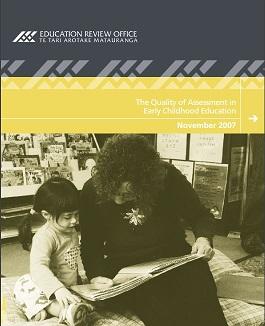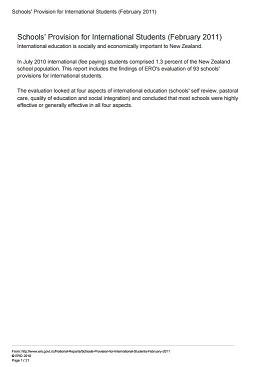An inclusive learning community
Published: 04 Sep 2017
For McAuley High School, respectful caring relationships are at the heart of their learning community in setting the safe and supportive context in which teachers and learners engage and learn. The maintenance of such relationships involves every member of staff.
- Audience:
- Education
- Parents
- Schools
- Content type:
- Research
- Topics:
- Improvement
- Inclusion
- Teaching
- Evaluation indicators
- Manaakitanga
- Whanaungatanga
- Video
- Improvement in Action Te Ahu Whakamua


